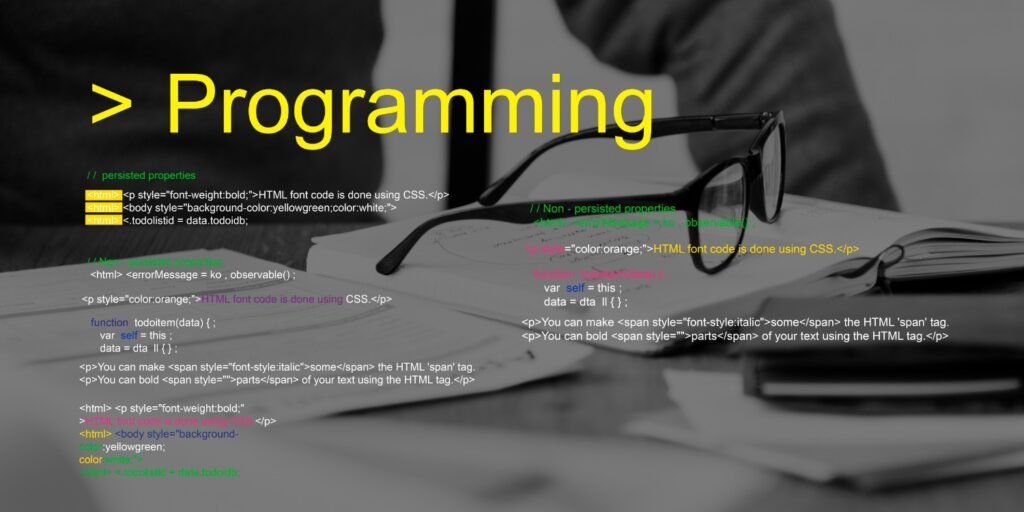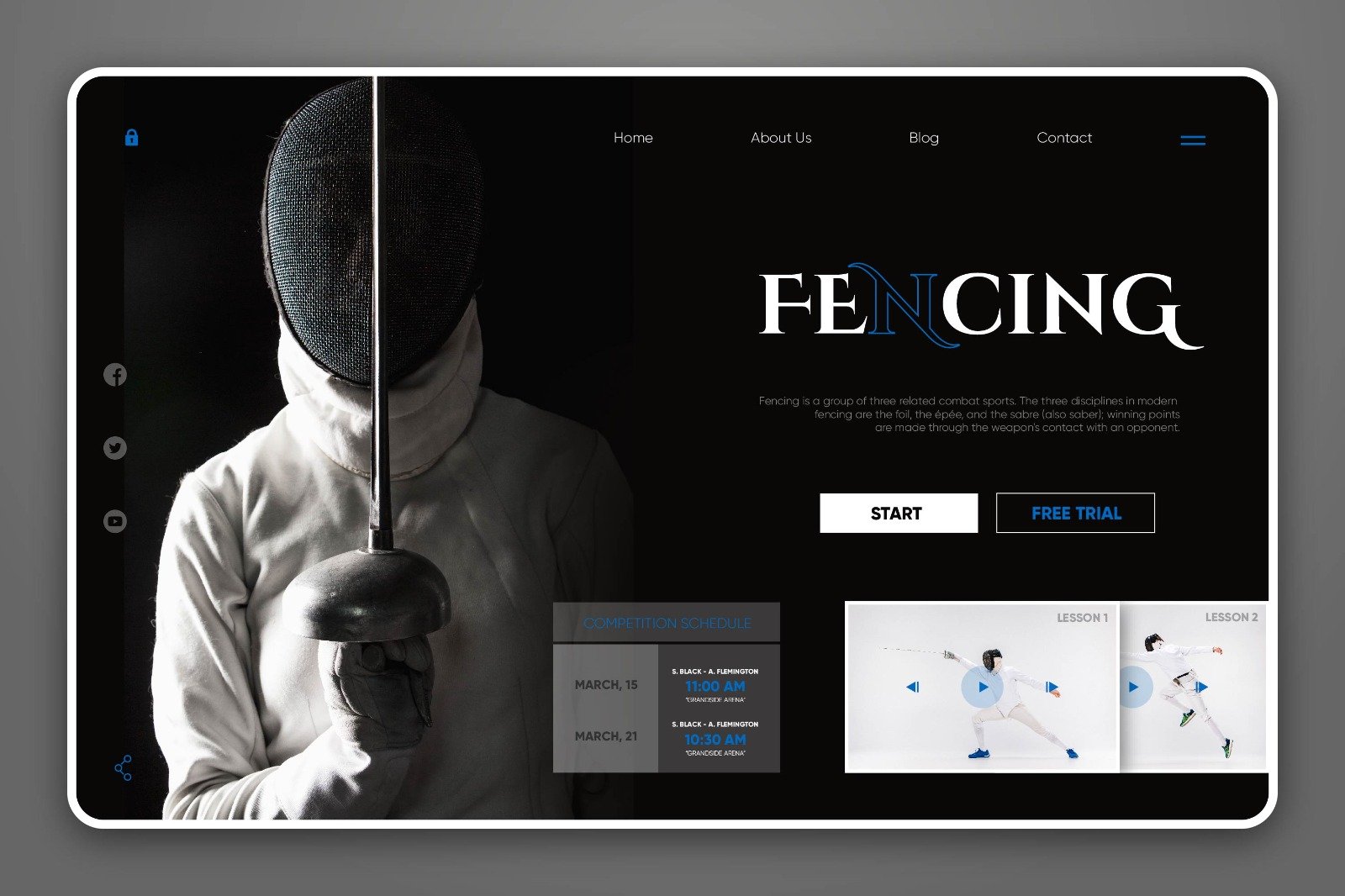When the internet started making its way into homes, creating a website was reserved for the tech-savvy or wildly adventurous. Fast-forward a few decades, and we’ve entered a world where platforms like Wix and Shopify claim to make web design “as easy as pie.” But is it? And more importantly, does “easy” mean “effective”? Spoiler alert: not always.
As a Charlotte, NC, web developer and the team behind Above Bits, we’ve seen it all. Businesses start with the promise of DIY simplicity, only to find themselves tangled in a web of limitations. That’s not to say Wix and Shopify don’t have their merits—they’ve democratized web development in ways once unimaginable. But like most things in life, there’s more beneath the surface. Let’s dive in, shall we?
The Lure of the Template: Convenience or Compromise?
There’s a reason Wix and Shopify are household names. Wix boasts over 200 million users, while Shopify powers more than 4.4 million online stores worldwide. They promise speed, simplicity, and affordability—three things that any business owner, especially starting, finds hard to resist.
Take Wix, for instance. Its drag-and-drop editor is as intuitive as assembling a Lego set. Need a contact form? Drag it in. Want a slideshow? Drop it in place. But here’s the kicker: while it’s great for a quick start, it often leads to sites that look eerily similar. It’s like choosing an outfit from a department store; sure, it fits, but don’t be surprised if someone else is wearing the exact same thing.
Then there’s Shopify, the darling of e-commerce. It’s undeniably powerful, with tools for inventory management, payment processing, and even SEO. But it’s not all sunshine and rainbows. Many Charlotte-based businesses have come to us at Above Bits complaining about Shopify’s transaction fees and the challenges of scaling without custom development.
These platforms shine when you need something functional quickly. However, for businesses aiming to establish a unique brand identity or compete in saturated markets, templates can become a trap rather than a tool.
The Real Costs of “Free” and Affordable Platforms
Let’s talk about the F-word: free. Platforms like Wix lure users with free plans but often come with significant trade-offs. For starters, free Wix sites display ads—ads you can’t control. Imagine visiting a bakery’s website and seeing an ad for a competitor. It’s not exactly ideal for building trust, right?
Even the paid plans can be deceptive. Many business owners in Charlotte have told us they were surprised by how quickly costs increased when adding essential features like extra storage, custom domains, or marketing integrations.
Shopify, while not free, also comes with hidden costs. Its base subscription is reasonable, but transaction fees can eat into profits unless you use Shopify Payments. And let’s not forget the cost of third-party apps, which are often necessary to unlock advanced functionality.
As a Charlotte Shopify design agency, we often explain to clients that the real value lies in understanding what they’re paying for. Sometimes, a slightly higher upfront investment in custom development leads to far greater long-term savings—and fewer headaches.
Customization: The Achilles’ Heel of Templates
One of the most common frustrations we hear from clients is the need for more flexibility in templated platforms. Wix, for example, offers hundreds of templates, but once you choose one, you’re locked in. Want to switch to a different design mid-project? Too bad.
Shopify is more flexible, but its customization options often require coding knowledge. This is where the cracks start to show for DIY enthusiasts. Small businesses in Charlotte that begin with Shopify templates usually need help implementing unique features or design changes.
At Above Bits, we’ve helped numerous businesses overcome these limitations. One Charlotte-based retailer came to us after struggling to customize their Shopify store. They wanted a product configurator—something Shopify’s templates couldn’t support. By designing a custom solution, we transformed their store into an engaging, interactive experience, boosting their sales by over 30%.
Performance: The Elephant in the Room

Speed matters—a lot. Research shows that a one-second delay in page load time can lead to a 7% drop in conversions. While Wix and Shopify do a decent job of optimizing templates, they can’t match the performance of a well-built custom site.
One issue we’ve observed with Wix is its reliance on heavy JavaScript, which can slow down load times. This might not seem like a big deal for a portfolio site, but it’s a dealbreaker for an e-commerce store competing for clicks and conversions.
While generally faster, Shopify isn’t immune to performance issues. Its ecosystem of apps often adds extra scripts, increasing load times. Our Charlotte-based client learned this the hard way when their app-heavy store started lagging. Auditing their site and optimizing the code reduced load times by nearly 50%.
SEO: The Battle for Visibility
If your site doesn’t rank on Google, does it even exist? For businesses relying on organic traffic, SEO is non-negotiable. And while both Wix and Shopify offer SEO tools, they come with limitations.
Wix has improved its SEO capabilities in recent years, but it still lags behind platforms like WordPress regarding flexibility. For example, Wix’s URL structure is less customizable, which can impact rankings.
Shopify fares better, but it’s not without quirks. Duplicate content is a common issue because Shopify structures product pages, and fixing it often requires technical know-how.
As a Charlotte, NC, web developer, we’ve fine-tuned countless sites to overcome these challenges. One local artist client saw a 200% increase in organic traffic after we migrated their Wix site to a custom-built platform with optimized SEO.
Breaking Free: The Case for Custom Development
If you’ve made it this far, you’re probably wondering: is breaking free from Wix or Shopify worth it? The answer is a resounding yes—but only if it aligns with your business goals. Custom development might sound daunting, especially for small businesses in Charlotte, but it’s often the key to unlocking long-term success.
Scalability: Preparing for Growth
One significant advantage of custom-built websites is their ability to scale. Platforms like Wix and Shopify are fantastic for businesses just starting out, but their limitations often become apparent as companies grow. For instance, managing large inventories or handling complex shipping requirements can strain these platforms, leading to inefficiencies and increased costs.
One of our clients, a Charlotte-based apparel store, faced this challenge. Their Shopify store worked fine when they had a modest product range, but as they expanded, the platform needed help. By transitioning to a custom-built solution, we allowed them to handle thousands of SKUs and integrate advanced inventory tracking, giving them room to grow without limits.
Security: A Growing Concern
With cyberattacks becoming more sophisticated, website security is more important than ever. While platforms like Shopify handle security at a basic level, they can still be vulnerable to app integrations and third-party extensions.
Custom development allows tighter security measures tailored to your business’s needs. For example, we built a secure patient portal with a Charlotte-based healthcare provider. We ensured their website met strict HIPAA compliance standards by implementing encrypted data storage and two-factor authentication.
The Importance of Local Expertise
When it comes to web development, one size doesn’t fit all—especially in a city like Charlotte. Local businesses face unique challenges, from catering to specific demographics to competing in a rapidly growing market. This is where local expertise shines.
At Above Bits, we don’t just build websites; we build relationships. We understand the nuances of the Charlotte business landscape and tailor our solutions accordingly. For example, we’ve worked with several local businesses to optimize their sites for location-based searches, ensuring they appear at the top of results when customers search for services in the area.
Being local means we’re just a call or a short drive away. While many web developers operate remotely, we believe face-to-face collaboration has immense value. Whether it’s brainstorming ideas or reviewing prototypes, our clients appreciate the personal touch we bring to every project.

Lessons from the Giants
Even though this article critiques platforms like Wix and Shopify, it’s important to acknowledge their contributions. They’ve made web development accessible to millions and set user experience benchmarks. However, the key takeaway is that their tools are just that—tools. They’re not a substitute for strategy, creativity, or expertise.
Big companies like Amazon and Google have taught us that success lies in focusing on the customer experience. For small businesses in Charlotte, this means creating websites that aren’t just functional but delightful to use. The details matter, whether it’s a seamless checkout process, fast load times, or engaging visuals.
Partner with Above Bits for Success
If you’re tired of wrestling with templates that don’t quite fit your needs or frustrated by the limitations of platforms like Wix and Shopify, it’s time to consider a different approach. Above Bits specializes in creating custom websites as unique as your business.
As a trusted Charlotte Shopify design agency and a leader in affordable web app development in Charlotte, we’ve spent nearly two decades helping local businesses thrive online. From crafting bespoke e-commerce solutions to optimizing sites for speed and SEO, we bring a wealth of experience to every project.
So, why settle for “good enough” when you can have exceptional? Let’s work together to build a website that meets your needs and exceeds your expectations. Contact Above Bits today, and let’s start breaking free from the template trap.


